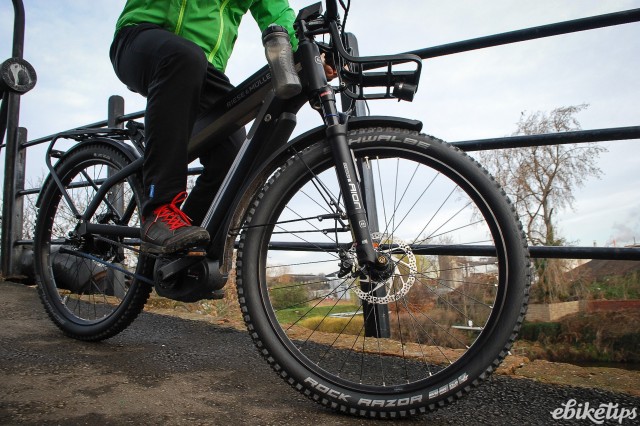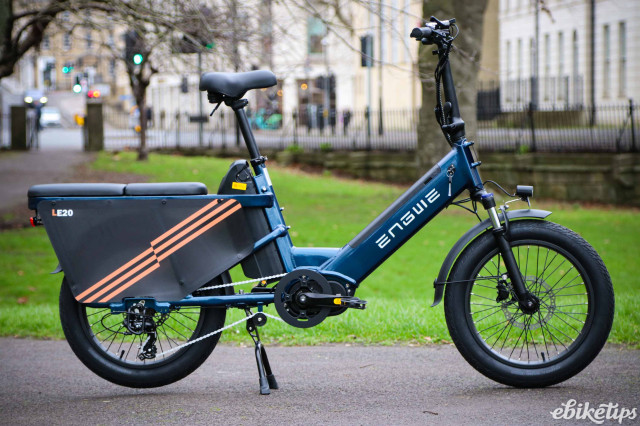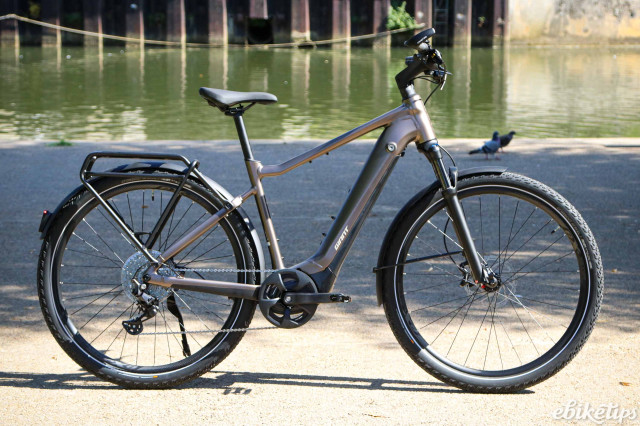One pound in every five spent on bicycles between January and October 2020 was spent on e-bikes, so it is no surprise that imports should again have risen significantly.
UK government statistics showed that 101,362 e-bikes entered the UK in 2019 – 42,437 from the European Union, plus 58,925 from countries outside the EU.
That in itself represented a 50.6% increase on the 2018 total of 67,300, but Bike-EU reports that 125,317 e-bikes had already been imported in just the first ten months of 2020.
This broke down as 50,626 from the EU and 74,691 from outside the EU.
Taiwan came out as the leading supplier with a total of 31,487 units – about 25% of the market.
One impending change for those importing e-bikes is that as the UK leaves the EU, it will cease to use the EU’s CE mark – which indicates compliance with EU safety, health and environmental requirements – replacing it with a UKCA mark instead.
The Bicycle Association (BA) reports that those supplying e-bikes to the UK market will be able to carry on using the CE mark until the end of December 2021, but from Jan 2022 the UKCA mark will become compulsory.
At that point, as well as applying the UKCA mark, the manufacturer will also be obliged to draw up a UK Declaration of Conformity.
The BA says this is, “basically a paperwork and labelling change for now,” but points out that if GB and EU rules diverge in the future, there could potentially be significant extra work for manufacturers to comply with both systems.






